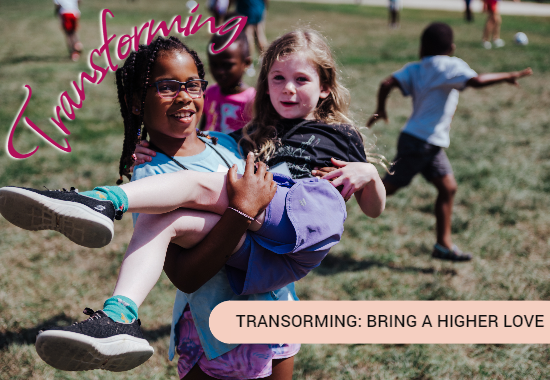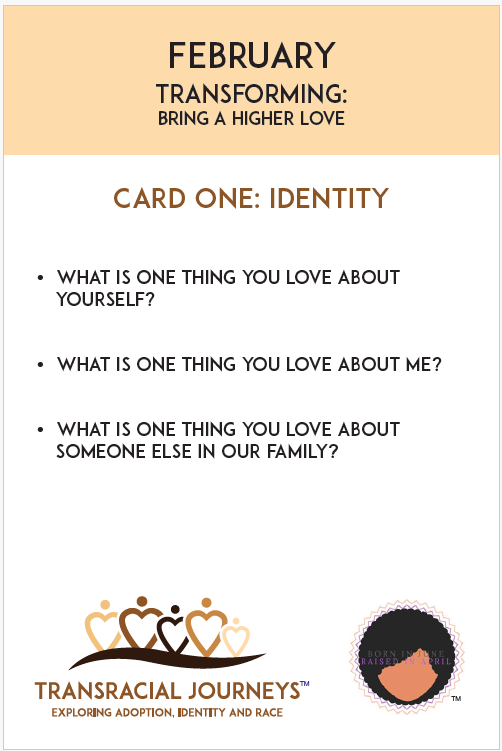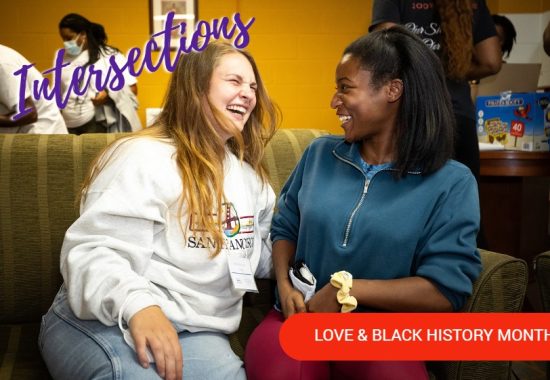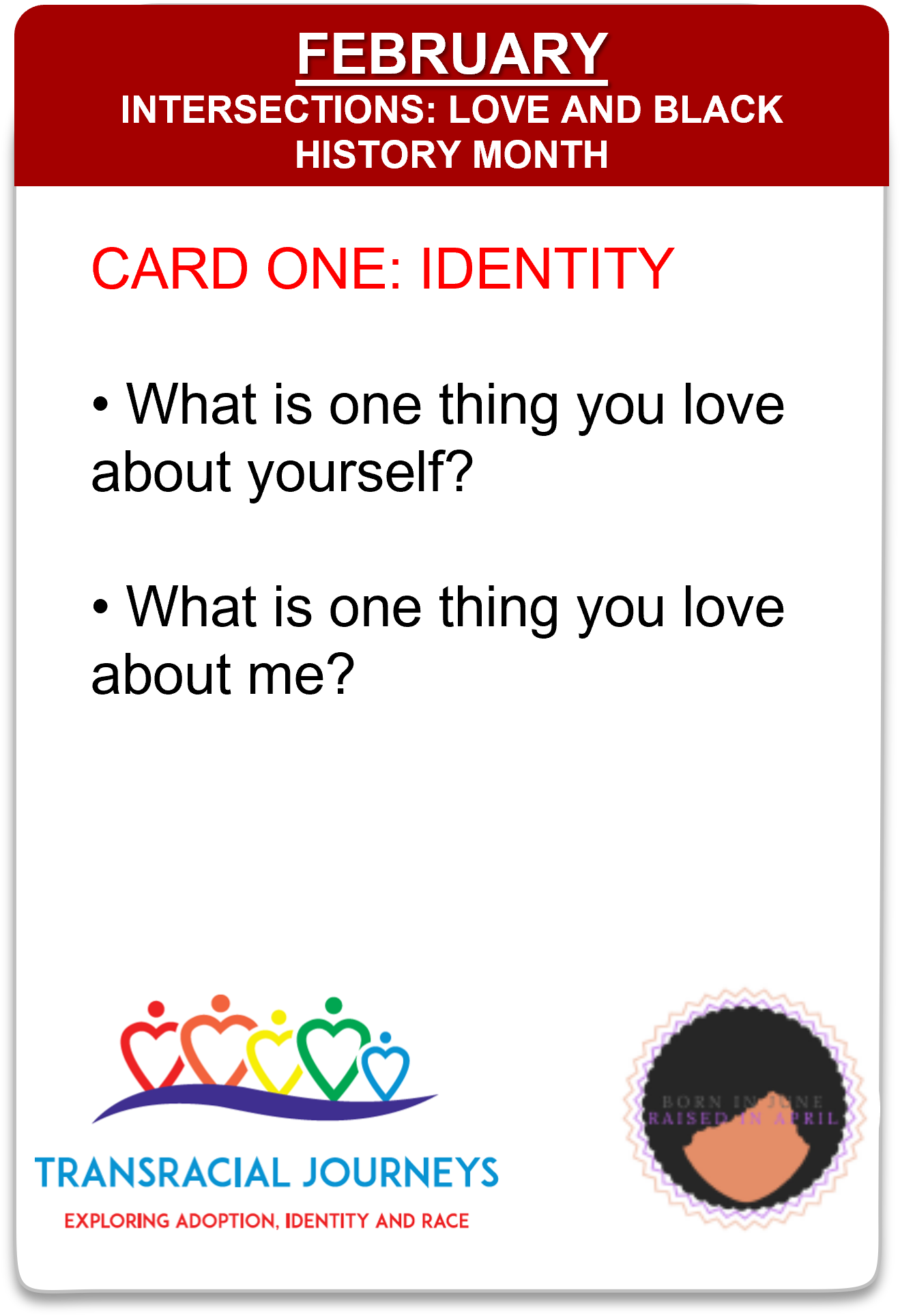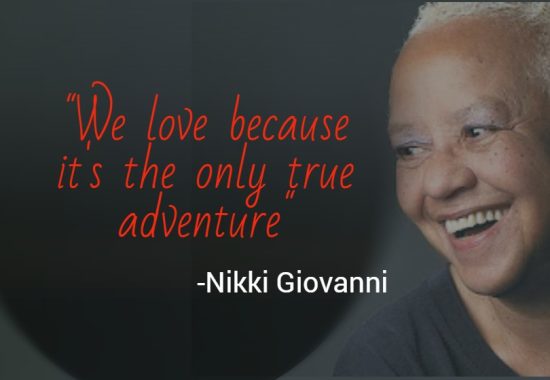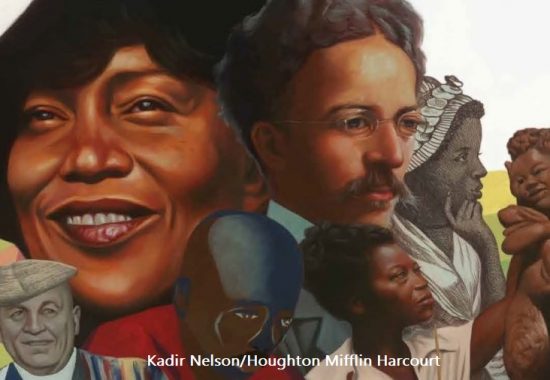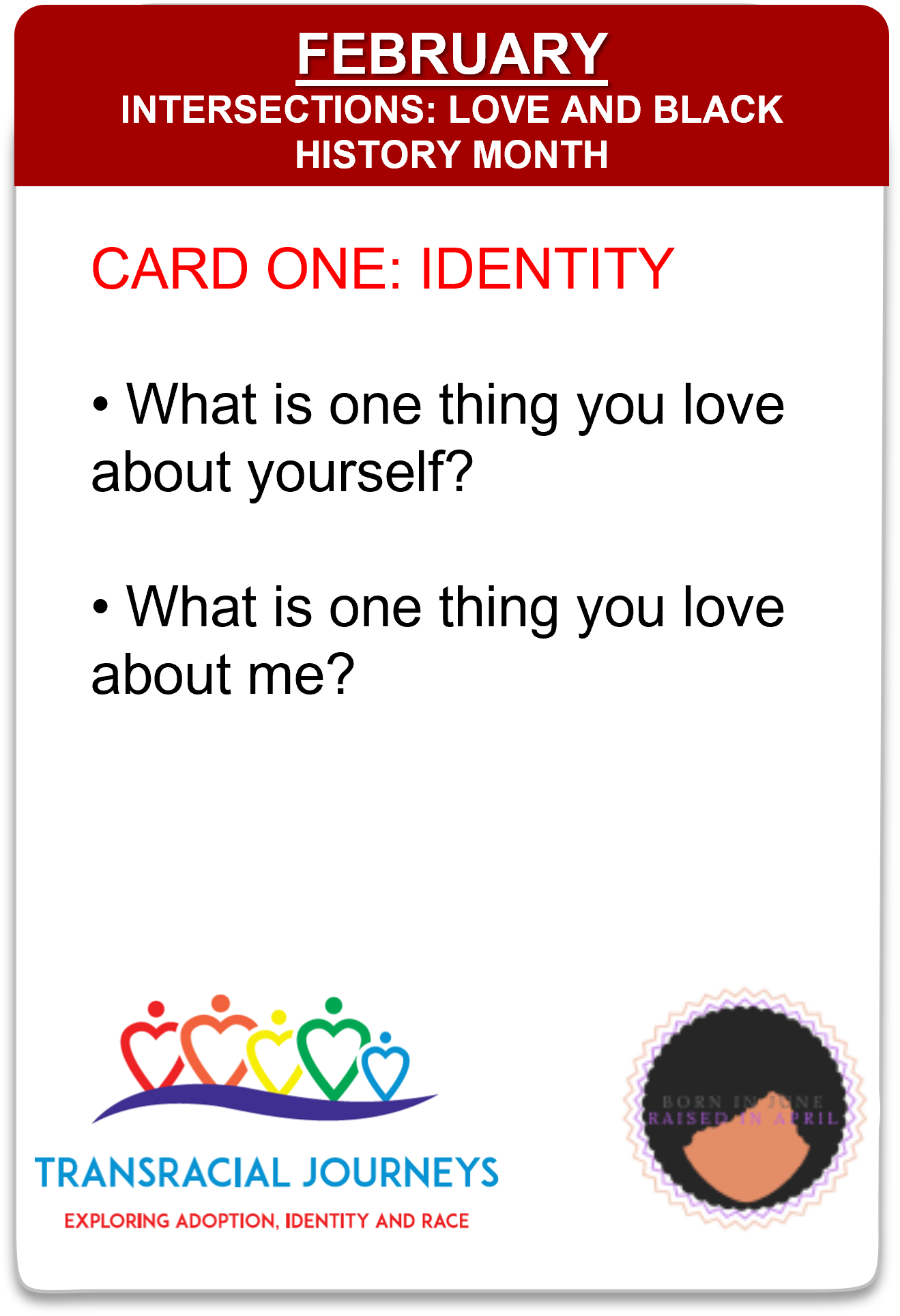At the intersection of St. Valentine’s Day and Black History Month, this short month brings so many foundational elements of identity, relationships, and differences for families to explore. Love is a vital ingredient for all families but adoption and difference of race make it imperative the love moves beyond the transactional and into the transformational.
February Pro-Tip to Foster Conversations About Transracial Adoptions
Transracial Journeys invites your family to experience the calendar in a whole new way. With the help of the June-in- April Calendar Conversation Cards, each month your family is invited to use the cards as a tool for more regular and intentional conversations about identity, family relationships, and differences of race and culture.
Each month has four cards with conversation starters. The prompts and questions are designed to spark reflection and ongoing dialogue within your family as well as with extended family and friends. There is no prescriptive way to use the cards, sometimes parents or grown-ups can take the lead and ask the questions and other times, children can go first.
February Pro-Tip for Parents:
• Explore the calendar conversation cards on your own and think about the prompts/questions - maybe even write a few things down that come up.
• Have conversations with other trusted grown-ups first and anticipate any questions that may come from the children/ young people.
• Be sure you are centered and ready before diving into the conversations.
• If you already have these kinds of conversations with your children, challenge yourself to take it to the next level.
• Explain to children their role and how they will be able to ask questions to you as their parent/caregiver.
• Keep the cards handy so you can use them any time. Consider setting them near the family dinner table or place where you gather as a family.
• Challenge yourself and also give yourself grace - these conversations are necessary and can be difficult.
CARD ONE: IDENTITY
• What is one thing you love about yourself?
• What is one thing you love about me?
• What is one thing you love about someone else in our family?
CARD TWO: RELATIONSHIPS
• Who was the first person you loved?
• Do you think it can be hard to love people sometimes?
CARD THREE: EMBRACING AND FACING DIFFERENCES OF RACE AND CULTURE
• What makes us different?
• What makes us similar?
• What are some new ways we can honor and celebrate Black Excellence, Joy and Resilience?
This post is from our February, 2024, email newsletter. If you would like to get our newsletter in your inbox each month, please subscribe. You will get invitations to our Parent Meet-Up each month, a virtual meeting to act as a transracial adoption support group - sharing issues, ideas and strategies for creating a culture of communication and curiosity in your home, as well as monthly card prompt to keep the conversations about race, adoption, family, love and relationships front and center all year long. And lastly, you'll always be made aware of important dates for Transracial Journeys Family Camp.

